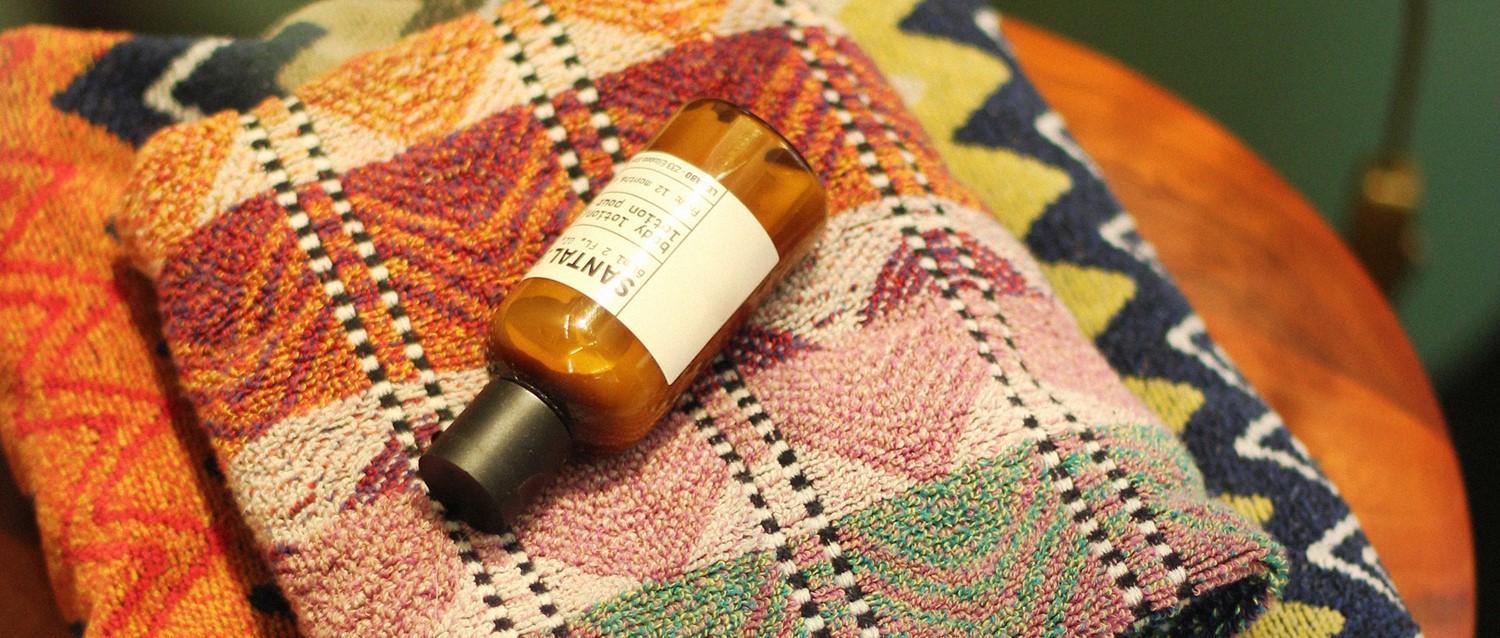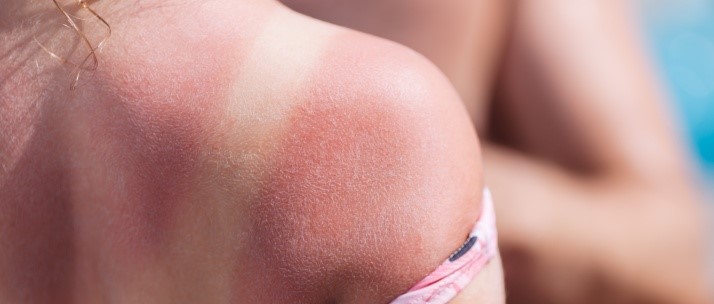
Does SPF moisturiser give you enough sun protection?
Peer reviewed by Dr Sarah Jarvis MBE, FRCGPLast updated by Abi MillarLast updated 23 May 2019
Meets Patient’s editorial guidelines
- DownloadDownload
- Share
- Language
- Discussion
We all know that sunscreen is a must on a sunny day. Although the kind you need will depend on the weather conditions and your skin type, only the most foolhardy of us would skimp on sun protection.
In this article:
Video picks for Sun and sunburn
The one exception to the rule might be if you're already wearing an SPF moisturiser. In this case, it may seem futile to double up on protection and add a sunscreen on top. In fact, out of the two, SPF moisturisers might seem like the better bet - protecting you from harmful UV rays and hydrating your skin to boot.
Unfortunately, new research has cast doubt on this wisdom, suggesting that an SPF moisturiser isn't as effective as it might seem.
Continue reading below
SPF moisturiser vs sunscreen
In a recent study, the University of Liverpool used UV photography to assess how well sunscreen was being applied. The darker the resulting image, the more UV rays had been blocked and the better the sun protection.
The volunteers were imaged on two separate occasions - one time after applying SPF30 moisturiser, one time after applying SPF30 sunscreen. Theoretically, these two products should offer the same protection. However, the images were much darker with sunscreen than with SPF moisturiser - suggesting that, in real world scenarios, people don't apply enough moisturiser to have the full effect.
On top of that, SPF moisturiser wasn't being applied as uniformly, particularly around the eyelids. In this case, participants missed out 16% of their face and 21% of their eyelid region, compared to just 11% of the face and 14% of the eyelid region for sunscreen. Since the skin on the eyelids is particularly prone to skin cancer, this finding should give pause for thought.
"The data demonstrates that areas of the face that are more vulnerable to skin cancer are also more likely to be missed during application of SPF moisturisers than with sunscreens, and, importantly, that people applying these products are unaware that they are failing to cover these at-risk regions," stated the researchers.
Summer skincare
Back to contentsSo what does this mean for your summer skincare regime? According to Dr Rachel Abbott, consultant dermatologist and British Skin Foundation spokesperson, it's important to wear a sunscreen on hot days, whether or not you've also moisturised.
"You can use a moisturiser containing SPF in the morning, but if you're going to be exposed to direct sunlight when the UV index is over 3, then I recommend using high-factor, broad-spectrum sunscreen," she says. "This means an SPF over 30 and UVA and UVB protection."
Of course, this may not be the news you want to hear if you like to keep your skincare simple. However, if you're really committed to applying one product only, you should go for the sunscreen as opposed to the moisturiser. (Or you could apply your moisturiser first thing in the morning, and the sunscreen 15 minutes before going out, reapplying the sunscreen at regular intervals throughout the day.)
"If moisturisers contain sunscreen then they can be marketed as 'anti-ageing'," says Abbott. "However often they do not contain or provide adequate UV protection to both UVB (>SPF30) and UVA (>4****). They're also generally applied in the morning and so by the time the UV index reaches its peak (around 12-1 pm) then the UV protection will not be as effective."
For background, UVA and UVB rays are two different types of sun radiation, which damage the skin in different ways. To put it simply, UVA rays (which are more prevalent but less intense than UVB), play a major role in skin ageing and wrinkling, while UVB contribute more intensely to skin reddening and sunburn. Since both types of rays are implicated in skin cancer, it is crucial to protect against them both.
"As well as using sunscreen for sun protection, I recommend seeking shade, and wearing long-sleeved clothing, a broad-brimmed hat and sunglasses when the UV index is over 3," says Abbott. "Check the UV index if you are planning to be outside during the middle of the day and plan to seek shade then if the UV index is high. And never use a sunbed."
Continue reading below
Further tips
Back to contentsOf course, none of this is to say that your SPF moisturiser is completely useless. It's just that you probably aren't applying a thick enough layer to get the full benefit.
This is understandable enough: moisturisers can be expensive, and really piling on the product can cause a claggy sensation on the skin. On top of that, your moisturiser may not be water-resistant - an important consideration if it's a hot, sweaty day or you're planning on being active.
These days, there is a huge range of sunscreens out there, so take your time to find one that fits your needs. Make sure to apply it as uniformly and thoroughly as possible, especially around that much-neglected eye area.
"Although skin moisturiser with SPF does provide sun protection, our research suggests that it's not to the same degree as sunscreen," said Austin McCormick, one of the researchers. "We do recommend moisturisers and makeup that contain UV protection - it is better than no protection at all, but for prolonged periods in the sun we recommend the application of sunscreen with high SPF."
Patient picks for Sun and sunburn

Skin, nail and hair health
Sun protection mistakes you're probably making
When it comes to summer skincare, most of us feel pretty clued-up. But according to Cancer Research UK, rates of skin cancer are on the rise - and 9 out of 10 cases could be prevented by staying safe in the sun. We look at sun protection mistakes you might be making.
by Gillian Harvey

Skin, nail and hair health
How to treat sunburn blisters
Hot weather seems like the best time to soak up the sun, work on a tan or play outdoors. But warmth and heat can be dangerous. Sunburn can sometimes blister, causing pain and infection. What causes sunburn blisters? How do you treat them and should you really pop them?
by Victoria Raw
Continue reading below
Article history
The information on this page is peer reviewed by qualified clinicians.
23 May 2019 | Latest version
23 May 2019 | Originally published

Ask, share, connect.
Browse discussions, ask questions, and share experiences across hundreds of health topics.

Feeling unwell?
Assess your symptoms online for free
Sign up to the Patient newsletter
Your weekly dose of clear, trustworthy health advice - written to help you feel informed, confident and in control.
By subscribing you accept our Privacy Policy. You can unsubscribe at any time. We never sell your data.